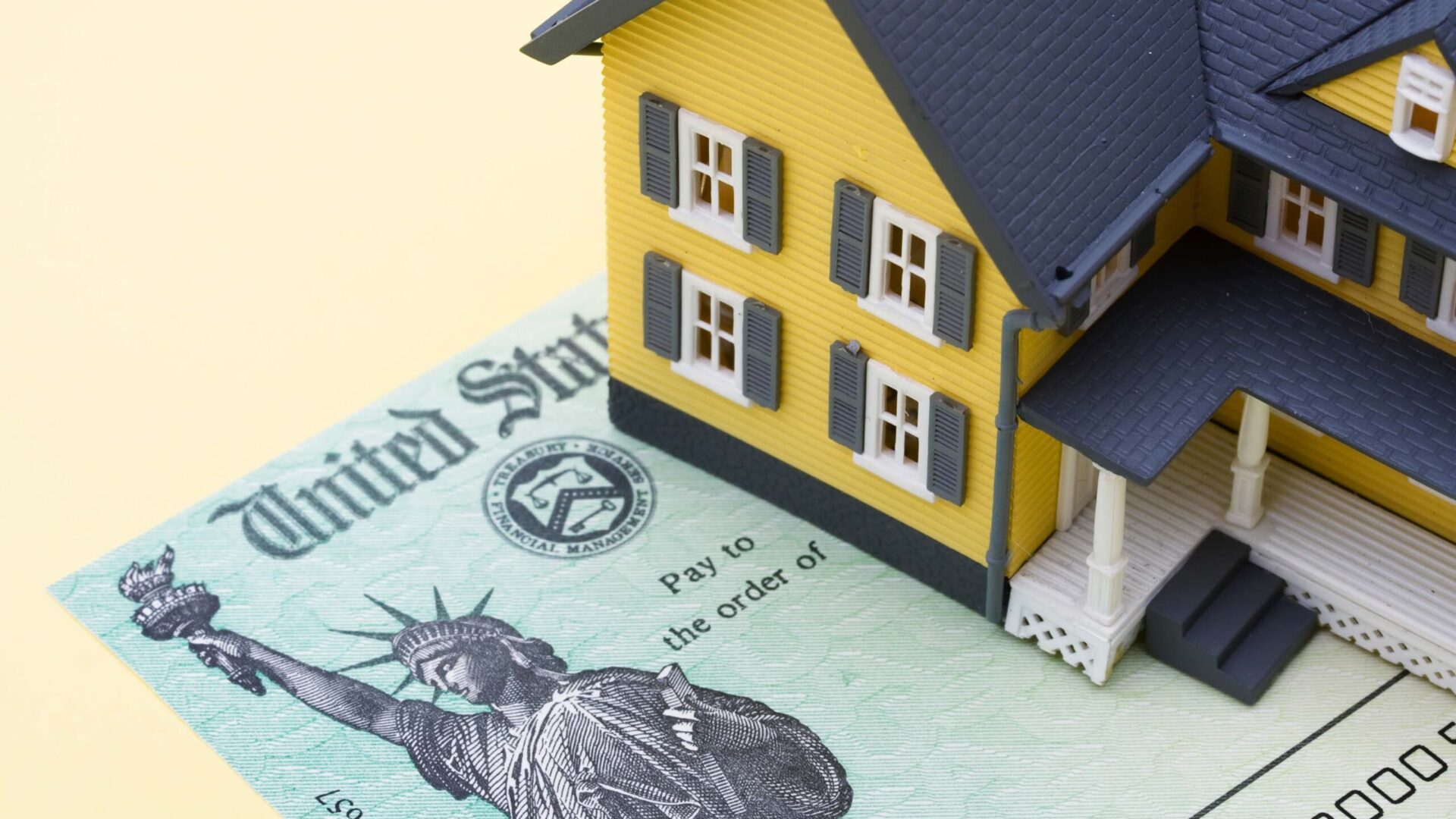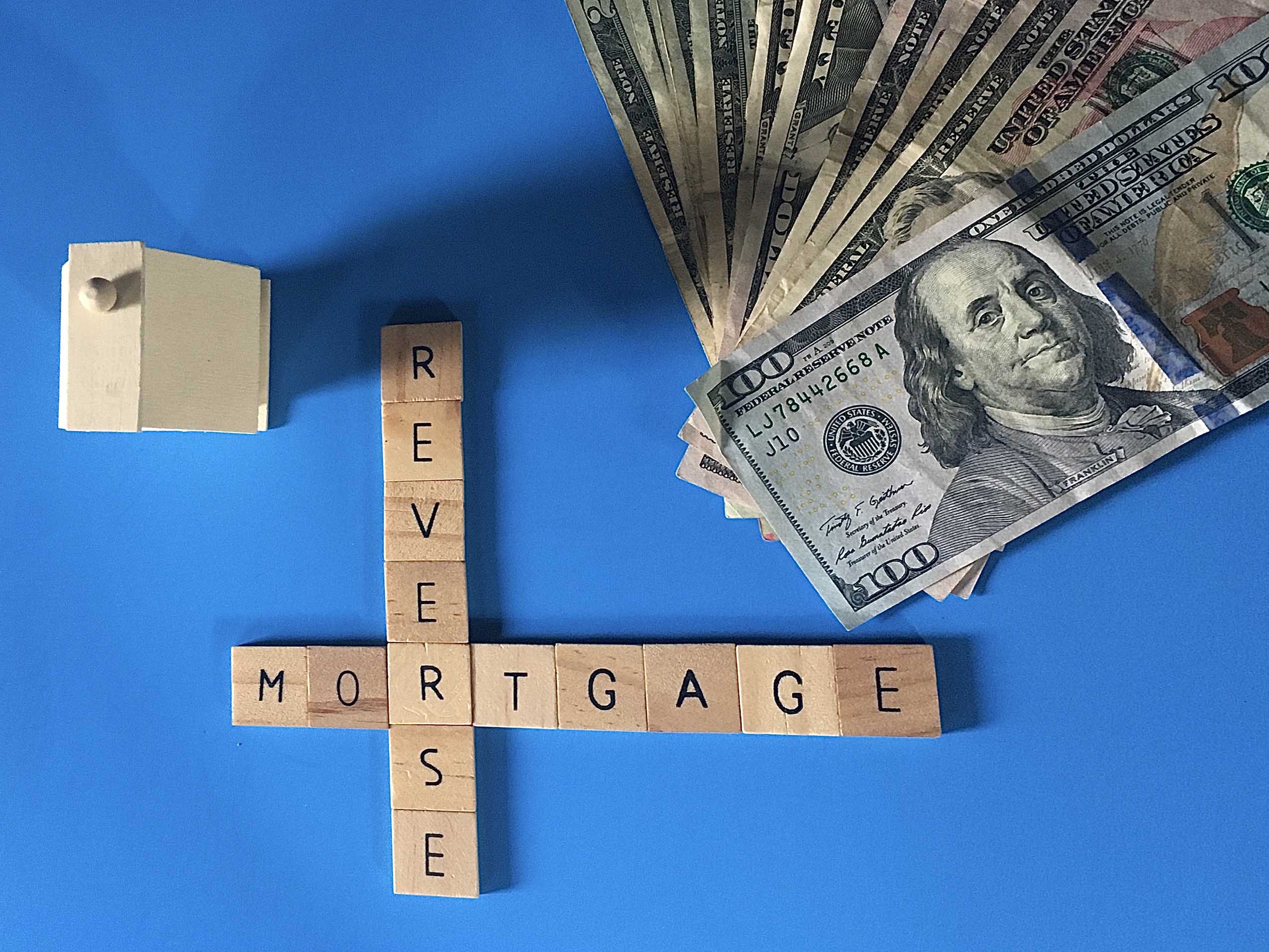Why many long-time homeowners are reluctant to sell their homes
One of the greatest challenges long-time homeowners have to resolve if they would like to sell their home is the substantial amount of taxes due once it is sold. A huge number of people resist selling even though their income level has been reduced to the bare minimum of Social Security because they cannot accept paying hundreds of thousands or even more than a million dollars that might be due from the capital gains.
The consequences of staying in a home that is no longer suitable
One result of this reluctance to sell is that the owners continue to live in a home that is no longer a suitable place for them. For many, it has become burdensome to maintain, for others the difficulties of having to use stairs at least twice a day can be risky, and for most owners, the equity build-up in the home serves no financial benefit during a period when it could be most useful. Often people would prefer to enjoy living in a senior community where many share similar interests, or to be much closer to kids and grandchildren they do not get to see very often. But they feel frozen in place by the prospect of having to pay a great deal to the government if they were to sell.
The drawbacks of reverse mortgages and other alternatives to selling
I have even seen many situations where the seniors would like to sell and improve their lifestyle and finances but were dissuaded by their adult children who wanted them to retain possession until they pass on, so the children can inherit without the capital gains taxes being required. A solution often proposed is to do a “reverse mortgage.” However, the family often decides after doing research into that alternative, that the costs and disadvantages of this type of program make it less desirable. Also, the seniors may then still be living in a home that has become burdensome.
We strongly recommend that any person or family who is facing this challenge take the time to visit with a trusted financial advisor before giving thought to alternatives or simply concluding that it is a hopeless situation. Sometimes people jump to conclusions based on inadequate information, or without having been given a different perspective of how they might look at their options. I know of a case where a man finally talked with his C.P.A. and was totally surprised to learn that his anticipated tax consequences would be less than half what he had been told by someone, due to his wife having passed several years ago and he then having a “stepped-up basis” on half of the property value.
Solutions to avoid paying capital gains tax when selling a home
The following is not intended on giving tax or financial advice, but merely to reflect some possible actions that have been utilized in the process. Obviously, the current capital gains tax structure, while much less than it once was, still can result in substantial payments being due once a home is sold by the long-time owner. Checking with your financial advisor may confirm that your liability in California could be 33% of the gain, after deducting $250,000 or $500,000 depending on your situation.
The benefits of placing a property in a living trust
The obvious approach to not paying capital gains tax is to not sell it at all. Some people place their properties in a living trust, thus passing it along to the next generation, or even have set up a generation-skipping trust so the grandchildren will receive the value without capital gains taxes being imposed.
A C.P.A. has informed us that the most common trust used is a revocable living trust and that there usually is a 100% step-up in basis upon the passing of the first spouse. As California is a community property state, and if the home is held as community property, rather than as joint tenancy, it is our understanding that the same step-up would occur. Because every family’s situation is unique, we highly recommend that people periodically review their estate plan to be assured that no changes are recommended.

Using the government’s 1031 Exchange procedure to defer taxes
Another solution some families have arrived at is to take advantage of the government’s 1031 Exchange procedure. Although it does not free up cash by selling it, it is a way of deferring taxes. This approach can only be done, however, by converting the property’s use to a rental for at least a 2-year period. It could then be exchanged for other investment-type property that might have a higher return on its value, and no capital gains taxes due.
A possible disadvantage of converting the property to a 1031 Exchange could be risking losing the $250,000 or $500,000 exemption from capital gains tax on the sale of primary residence, though. Again, it is strongly recommended that you discuss the pros and cons with your financial advisors as the 1031 Exchange involves very complex requirements by the IRS, and several criteria have to be complied with. A qualified professional must be engaged to make sure everything is done properly.
Reducing the amount of capital gains through Home Improvement
Good records of all home improvement projects can reduce the amount of capital gains that is reported. Many people have done additions or remodeling through the years, and the costs of these will add to the “basis” of the property, which will result in lower capital gains when you sell. Likewise, you can deduct the expenses associated with the sale of the property, which reduces capital gains taxes.
Some people have arranged to sell their homes to family members, at favorable price and terms, and with payments spread out over several years. This can be a combination of a way to free up equity and lessen the taxes due to some extent. The IRS regulations and issues are complex and again, people must discuss any such actions with their tax advisors before moving forward
Selling a home to family members or under a “land contract”
Selling a property under a “land contract” is a way to receive payment from a sale spread out over more than one year, with taxes possibly due only as payments are received. A variation on this idea could include sale to an investor, with payments over time, who would in turn lease it back to you for an amount that would give him an acceptable return on the investment.
One additional consideration to think about, which has nothing to do with minimizing taxes paid, is to recontextualize the perspective of the situation.
Many years ago I had a meeting with a man whose wife had passed several years earlier and who had very limited income or financial resources. His home needed repairs and the landscaping was in shambles. He had wanted us to sell his home so he could move to a retirement community, with the proceeds easily covering all costs for as long as he would still be around. He also thought it might be nice to take the long European trip he and his wife had intended but never felt affordable. However, his only child, a grown man by then, instructed him to not sell the property because he wanted to inherit it without having large taxes paid. Caught in the middle of his needs and desires, yet feeling at risk of losing his son’s affection, he became quite depressed. A few years later he did pass on, never having done anything differently.
In contrast, two years ago I had a fascinating meeting with a man in his 90s who was planning to sell his Riviera Palisades home of 55 years. His wife had passed long ago and he had 3 children plus several grandchildren. I asked him if he had factored in the capital gains taxes due which probably would be well over $2 million. He laughed and said in his view the buyer would be paying most of that since the value was so inflated he almost felt bad for whoever would buy his place!
Bottom line: Talk to your professional tax advisor, and consider having a heart-to-heart discussion with anyone else in the family who might have some concerns or interests.





